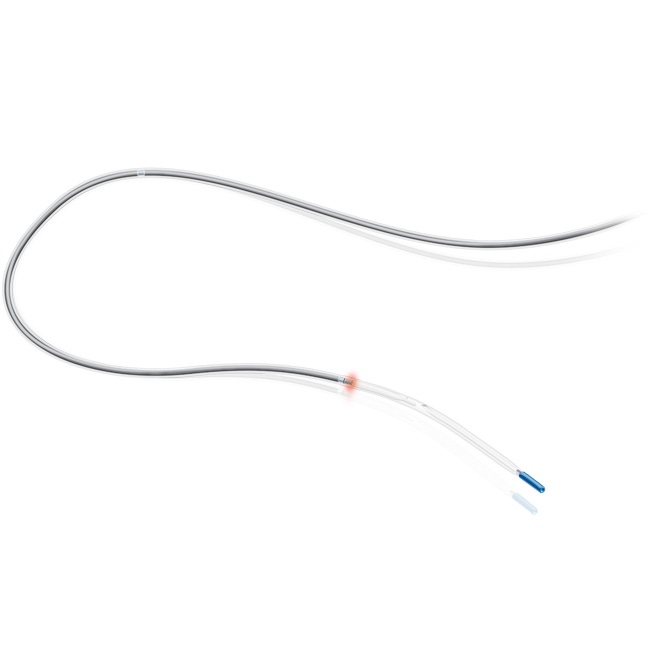Abbott's ILUMIEN IV study will evaluate if Optical Coherence Tomography is more effective than angiography in stent implantation procedures.
April 11, 2018

Abbott Laboratories has initiated a study to evaluate the long-term outcomes of patients who undergo stent implantation guided by optical coherence tomography (OCT) when compared to angiography. The Abbott Park, IL-based company said the ILUMIEN IV trial is the first large-scale randomized global study using Abbott's OCT imaging in patients with high-risk, complex coronary artery disease.
Up to 3,650 patients will be evaluated and will be randomized to either OCT-guided or traditional angiography to guide placement of one or more Xience everolimus-eluting coronary stents. The first patient was enrolled by Franco Fabbiocchi, M.D., director of Invasive Cardiology Unit IV at IRCCS Centro Cardiologico Monzino in Milan, Italy.
“There’s really nothing else out there like this study, certainly not with OCT,” Chuck Simonton M.D., CMO, of Abbott Vascular, told MD+DI. “There have been studies of a smaller size with Intravascular Ultrasound (IVUS). But no company with IVUS actually did a trial of this size with that technology, which can also see inside the vessel.”
He noted that IVUS’s resolution was not as clear as OCT’s to view inside the vessel.
If the results of ILUMIEN IV show that Abbott’s OCT technology is more effective, then it could be a game changer. However, as it stands now, the OCT technology is underutilized, Simonton said.
“The reason the technology has not been used very often right now is because there just has not been enough clinical evidence from a study like the ILUMIEN IV to encourage doctors to use it,” Simonton said.
Data for the trial won't be available anytime soon, the company said.
“It will be a long time before we see any data from this particular study because of the need to enroll a minimum of 2,500 patients,” Simonton said. “It’s going to take about two years to enroll the study and the endpoint is at least two years of follow-up. It will take about four years before we receive any data from this study.”
Abbott has been heavily involved with clinical studies lately. Last month, the company initiated the GUIDE-HF clinical trial to study whether the CardioMEMS device can improve survival of people living with heart failure. Abbott gained access to the CardioMEMS device when it acquired St. Jude Medical for $25 billion in 2017. St. Paul, MN-based St. Jude gained access to the technology when it acquired Atlanta-based CardioMEMS back in 2014 for $455 million.
About the Author(s)
You May Also Like




